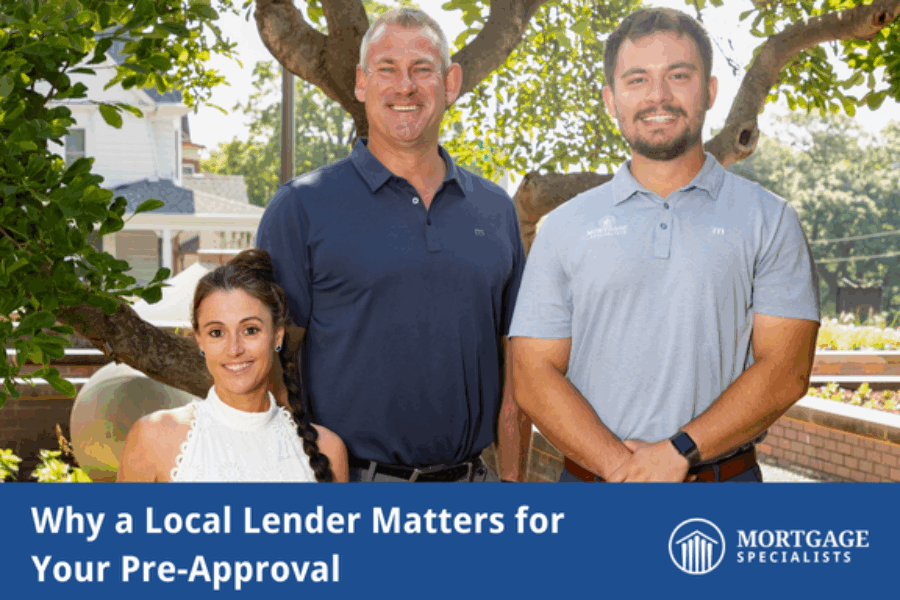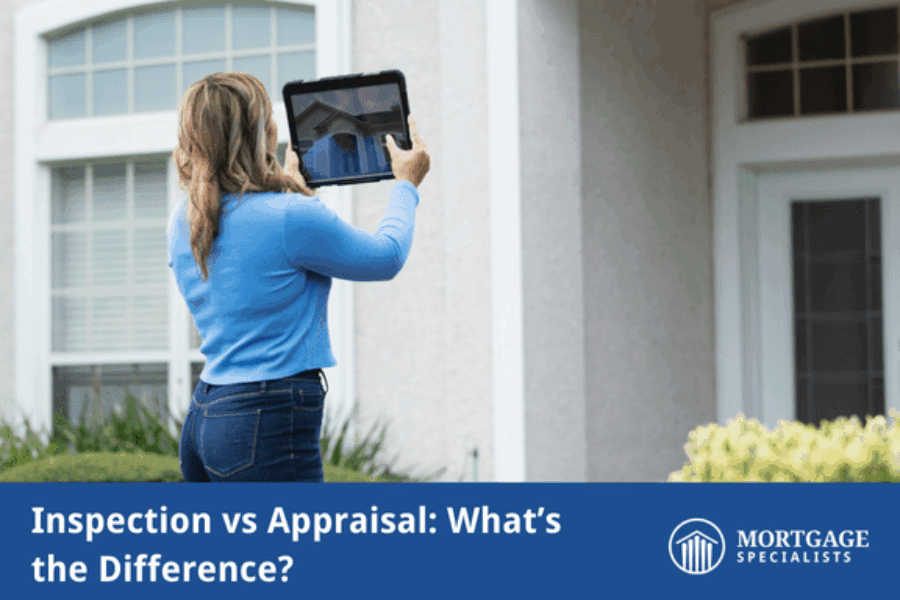What Does Locking in an Interest Rate Mean?
Have you ever gone into a store, purchased something at the register, and then been told a few days later that you actually owe more money for it? We didn’t think so. That’s because once you purchase something, it’s yours at that price. This is similar to locking in a mortgage interest rate. Locking in a rate with a lender is a way to protect yourself from potential interest rate increases while you’re in the homebuying process. When you lock in a rate, the mortgage lender agrees to honor that specific rate for a certain time period, typically between 15 and 90 days.
How Do Markets Affect Interest Rates?
Since there is no such thing as a “going interest rate”, mortgage interest rates can change daily. The U.S. and world economy both play a pivotal role in influencing mortgage rates. The health of the economy, employment, consumer sentiment, and other factors can all significantly impact rates. During periods of economic growth, rates tend to rise as the borrowing demand increases. Alternatively, in times of economic uncertainty, mortgage rates may decline.
Why Is Locking in a Rate Important?
Locking in a rate is a vital step in the home financing process because it provides borrowers with financial predictability. Securing an agreed-upon rate protects borrowers from potential market fluctuations that can greatly impact their monthly payments. Rate locks offer certainty, ensuring that homeowners can comfortably manage their mortgage payments. Additionally, it allows borrowers to benefit from a lower rate, even if rates increase before their loan officially closes.
How Many Days Should I Opt for When Locking in a Rate?
Choosing between the typical 15-90-day lock-in options for your rate is an important decision that your mortgage broker can guide you through. Opting for a shorter lock, like 15 days, may offer a lower rate, but requires a quick closing. If there are delays in closing or if construction on a new home isn’t completed on time, the lock may expire, causing the rate to be null and void, opening the rate to current market conditions. While a 90-day lock offers more extended protection from unseen events, it might come with a higher rate.
We Make This Process as Easy as Possible
Keep in mind that rate locks generally only apply to fixed-rate mortgages. Adjustable-rate mortgages follow a different structure, with interest rates changing as outlined in the loan agreement. It’s important to carefully review the terms of your rate lock agreement and have conversations with your lender before making any commitments. For your own protection, be sure to maintain open communication with your mortgage originator and document your discussions in writing. At Mortgage Specialists, we stand by our commitment to honor the initially agreed-upon interest rate, even in the event of an error on our end.











 © Mortgage Specialists.
© Mortgage Specialists.